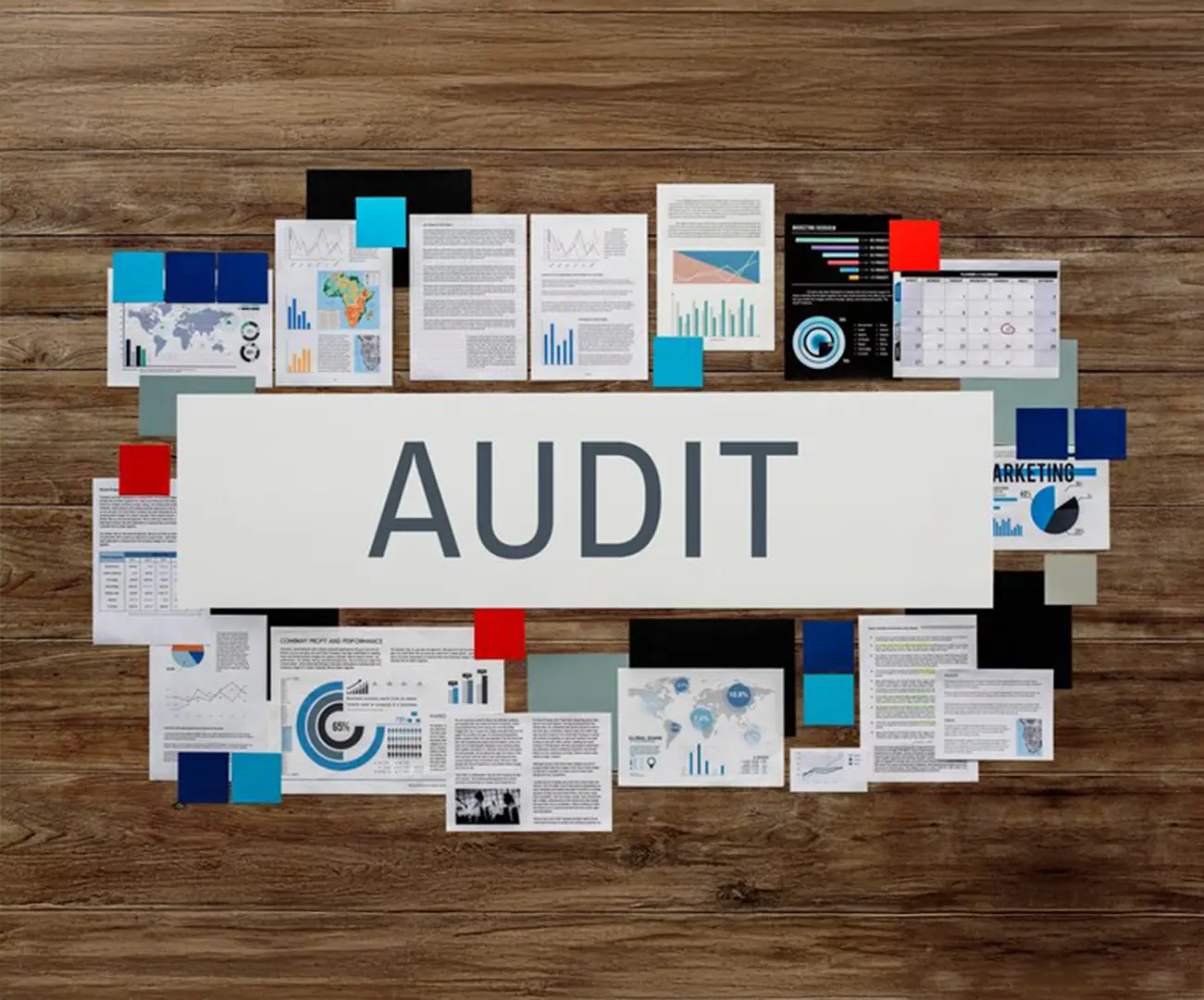
How to Prepare Your Company for a Smooth Audit Process
It doesn’t need to be an intimidating task on the part of the Audit of a company, but in preparation, it can be so. Audits are among those ways of facilitating financial transparency and regulatory compliance that could instil trust in stakeholders. Whatever the case, internal or external Audit, the process needs planning and preparation. In this blog, we will talk about the steps to ensure your company is rightly prepared for audit, especially when dealing with audit companies in Dubai.
1. What is the scope of the Audit?
Before you start the audit process, you need to know the Audit’s scope, objectives, and timeline. Ask the auditing company for an elaborate plan to question the expectations. Comparing the two types of audits, it can be deduced that external audits seem to emphasize the need to follow and adhere to international and local regulatory requirements, which may include Dubai Financial Services Authority, whereas, for an internal audit, the emphasis seems to be more on the operational processes and financial systems. Critical Considerations:
- Ask for an initial meeting with the audit firm to scope the exercise.
- Understand the main focus areas: Financial records, internal controls, and compliance with relevant regulations.
- Review previous audit reports stating areas in need of improvement.
2. Arrangement of Financial Documentation
Most likely to be audited will be the financial records of your business. Here we include the income statements, balance sheets, tax returns, invoices, bank statements, and other supporting documents. If these are clean and current, the auditor will be able to easily traverse your company’s financial health and accuracy.
3. Internal Controls review
Most auditors audit internal controls. Internal controls are checked for efficiency in protecting company assets, how accurately accounts are maintained, and how fraud is curbed. There must be sufficient time to review your internal controls so that they work and have the propensity to identify risks or irregularities before the auditor begins auditing.
Critical Steps:
- Conduct an internal audit of your internal controls
- Fill up weaknesses or gaps mentioned in control environment aspects even before conducting a formal audit.
- Ensure your team appreciates the systems of control in place, able to explain how you maintain it.
4. Prepare Your Team
In a successful audit, the most important people are in demand. Finance, accounting, legal, and compliance departments should be prepared for intense scrutiny from the auditor. Ensure your team is prepared for how the audit process works and how to assist.
Important Steps:
Designate a point person from the involved departments to help assist with the auditors.
– Let the employees know what documents and information they might require for preparation.
– Provide training so that all of them know why, how, when, and how information should be shared.
5. Pre-Audit
A pre-audit is an internal review that identifies potential problems before the auditors arrive. Reviewing financial statements, internal controls, and legal compliance in advance means you can address any problems beforehand. This process also reduces time spent in your office by the auditors, thus lowering your cost and minimizing disturbances caused in your business.
6. Communicate with the Audit Firm
Open communication between the audit firm and the clients should be made mandatory. Communication Tips:
- Regular meet-ups with the audit firm to check on the progress.
- Orient the staff of the organization or firm on the topic.
- Make information available or furnish requested documents at once
- Internal communication with stakeholders
7. Follow Up Post-Audit
Discuss the audit outcome with the auditors and your internal team. Use the audit report to show where improvements could be made to your financial process controls. A good audit should be much more than a means of verifying compliance; it should provide insight into ways and means to improve your company’s operations.
Steps Towards Effective Follow-Up
This involves scrutinizing the audit outcomes and ensuring the implementation of the recommendations within the given due date, taking all remedial measures against the issues identified, and planning for the next cycle, focusing on the compliance and record-keeping aspects.
Conclusion
An audit is a detailed process; good planning and proper organization can make it seem smooth. Engage professional audit firms in Dubai to support you toward this end and get professional experience so that the possibility of becoming non-compliant becomes low. Proper on your part would be organizing the financial documentation you need for an audit, reviewing the system of internal controls, and conducting a pre-audit of your company to face any audit with confidence. Provide that the communication with the audit firm is smooth, and use the outcome of the Audit to strengthen your financial systems and internal processes.
